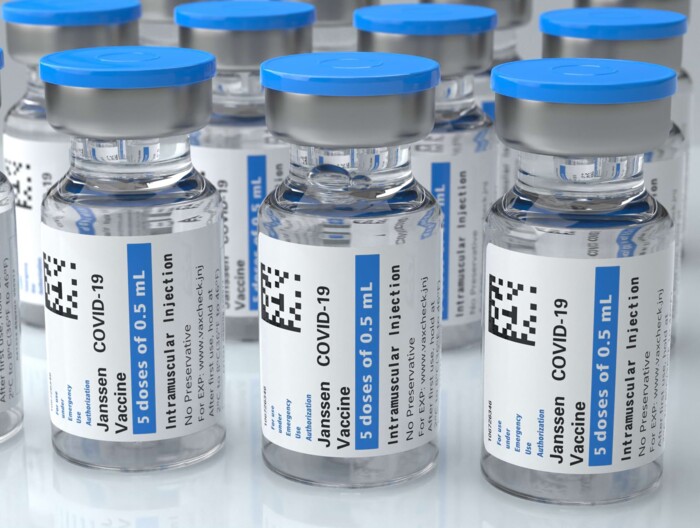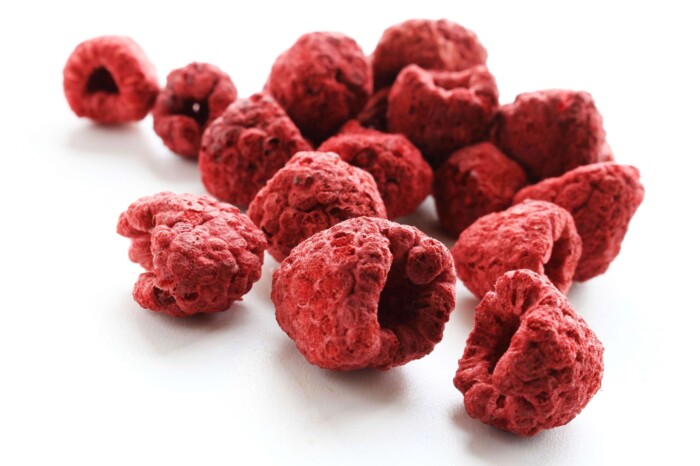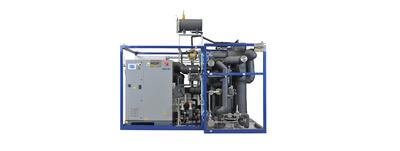Lyophilization, as explained above, is used in various industries, including food and pharmaceuticals. Freeze-drying offers several advantages over conventional drying processes such as hot air drying. Freezing the goods preserves their structural properties, which results in better rehydration. Lyophilization also makes many food and pharmaceutical products lighter and more compact, which makes logistics and storage easier. In addition, the taste and nutritional composition is preserved, as no high temperatures are used that could lead to losses or changes.
Lyophilization is a complex process that requires careful planning and monitoring. The selection of suitable freezing and drying agents and the control of temperature and pressure are crucial in order to obtain a high-quality end product. In addition, the right packaging materials must be used to protect the dried product from humidity and other environmental influences.
Another important aspect of lyophilization is the validation of the process. This involves carrying out tests to ensure that the product has the necessary characteristics and fulfills the requirements. Tests include determining the residual moisture, particle size and stability of the product.
Freeze-drying is also used in R&D to develop new products and formulations. By combining lyophilization with other techniques such as microencapsulation, innovative products with improved properties can be manufactured.
Overall, lyophilization is an important process that is used in various industries to extend the shelf life of products and improve their stability. By removing water, the structural characteristics of the product are preserved, resulting in better quality. The controlled environment and careful planning are crucial to achieving ideal results.











